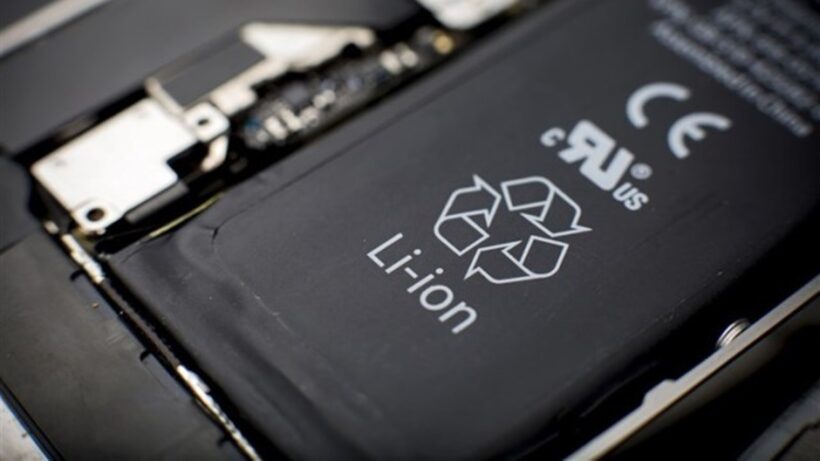Smartphones
When talking about smartphones and batteries, you should know that the most used types are lithium-ion and lithium-polymer batteries. Some smartphones use li-ion batteries, while others use li-poly batteries. There are three parameters of a battery and those are size, weight, and chemical composition. Which is why some batteries are preferable for bigger devices, while others aren’t.
Lithium-polymer Batteries
1. Lithium-poly batteries are specially used for mobile phones and PDA’s since they’re a high-efficiency energy carrier. Considering the number of people that are using smartphones, lithium batteries have gradually been accepted by most users. The reason why it was so easy for people to accept it was because of its lightweight and large capacity, as well as environmental protection.
2. Because of the sudden growth of communication technology, it has become clear that traditional liquid lithium batteries won’t be able to adapt to the new demands. This however doesn’t affect lithium-poly batteries because they use different electrolytes, which is the fundamental difference between these two types of lithium batteries.
3. Lithium-polymer batteries are lighter, thinner, and have a high energy density. They are embraced by both domestic and foreign manufacturers, as well as design companies.
4. When it comes to tablets, cell phones, or RC aircraft (radio-controlled aircraft) they specifically use lithium-poly batteries because of how ultra-lightweight and small they are.
5. Just like LG HG2 lithium-ion batteries, these batteries don’t suffer from battery memory (also known as memory effect) either, for the difference of Nickel-metal hybrid which is the same size. With these batteries, you won’t have to wait for them to completely discharge before recharging it. Another thing you won’t have to think about is whether it overcharged, they could stay plugged in for a longer period without side effects.
Lithium-ion Batteries
1. Even though lithium-polymer batteries were produced not long ago, lithium-ion batteries are still the most popular technology for cell phone batteries. Their one fault is that they are expensive.
2. Compared to li-poly batteries, li-ion batteries have a higher energy density. They also have a lower price compared to li-poly batteries.
3. Another advantage for li-ion batteries is that due to a built-in active protection circuit, it’s protected from overheating. But because li-poly don’t have an active protection circuit, they can be manufactured in very small sizes.
4. Lithium-ion batteries cost less to manufacture.
What is the better choice then?
1. Lithium-ion batteries have a greater energy capacity compared to Lithium Polymer batteries.
2. If cost is a factor, then Lithium-ion batteries take a lead since they’re a cheaper option than lithium-polymer batteries.
3. But if your main concern is the size of a device, then Lithium-polymer is the better option.
4. Bigger and stronger smartphones also require bigger batteries that must be set up in smaller spaces, but those don’t offer user-replaceable batteries.
5. Because of a trend that iPhone has started, today you can’t see even mid-range devices that offer user-replaceable batteries. The reason this has become a trend in the first place is that people simply aren’t ready to accept large devices, not even when they come with higher processing power.
Conclusion
When comparing which one of these two lithium batteries is a better choice, we need to take into consideration everything mentioned above.
The lithium-polymer battery is lightweight and can be very small, it also has a high energy density. The main disadvantage is its price. Compared to Li-ion batteries it has a shorter lifespan and not as high energy density.
The lithium-ion battery is bigger and cheaper, and it has higher energy density, as well as a longer lifespan. When it comes to its disadvantages there are two main ones, it suffers from aging and overheating which can make it combust.
There is no simple answer as to which battery is better since li-ion batteries are being upgraded every day, and li-poly batteries even though more advanced still have their flaws.
Laila Azzahra is a professional writer and blogger that loves to write about technology, business, entertainment, science, and health.
